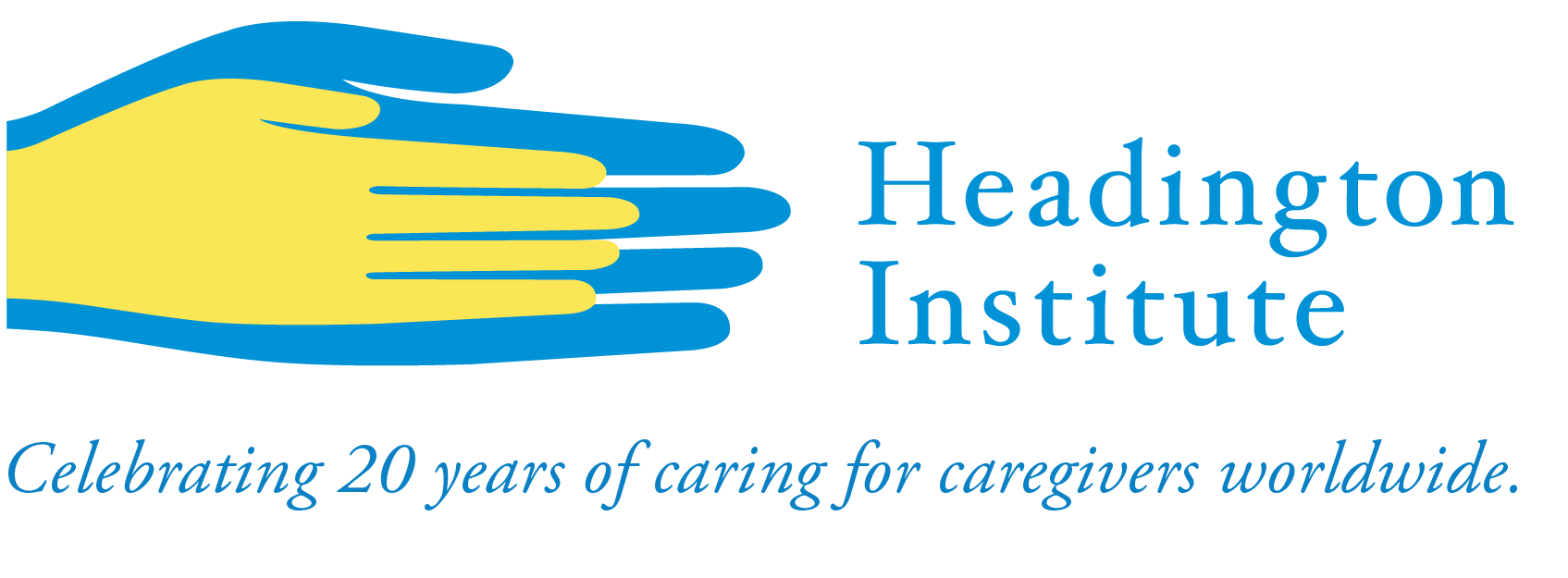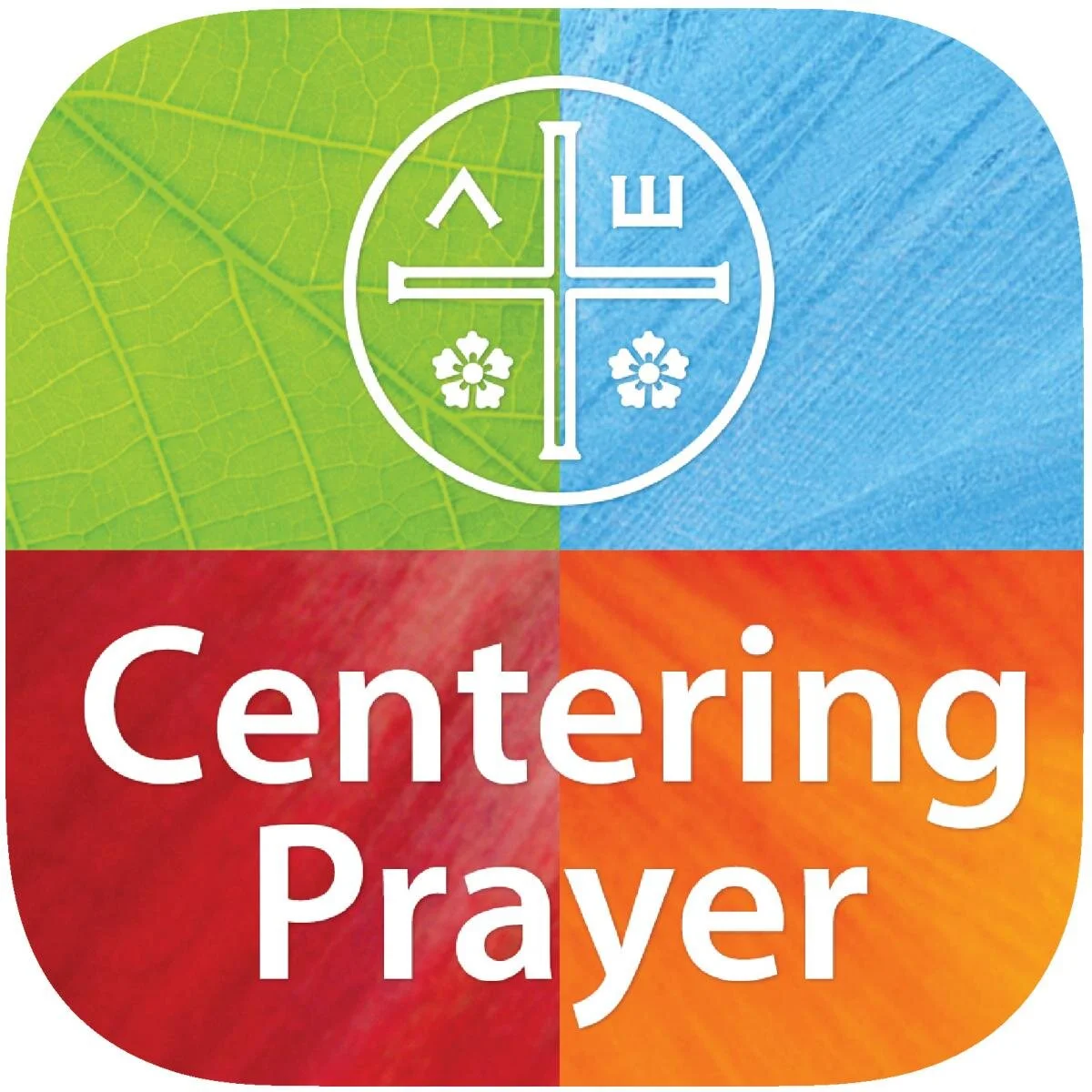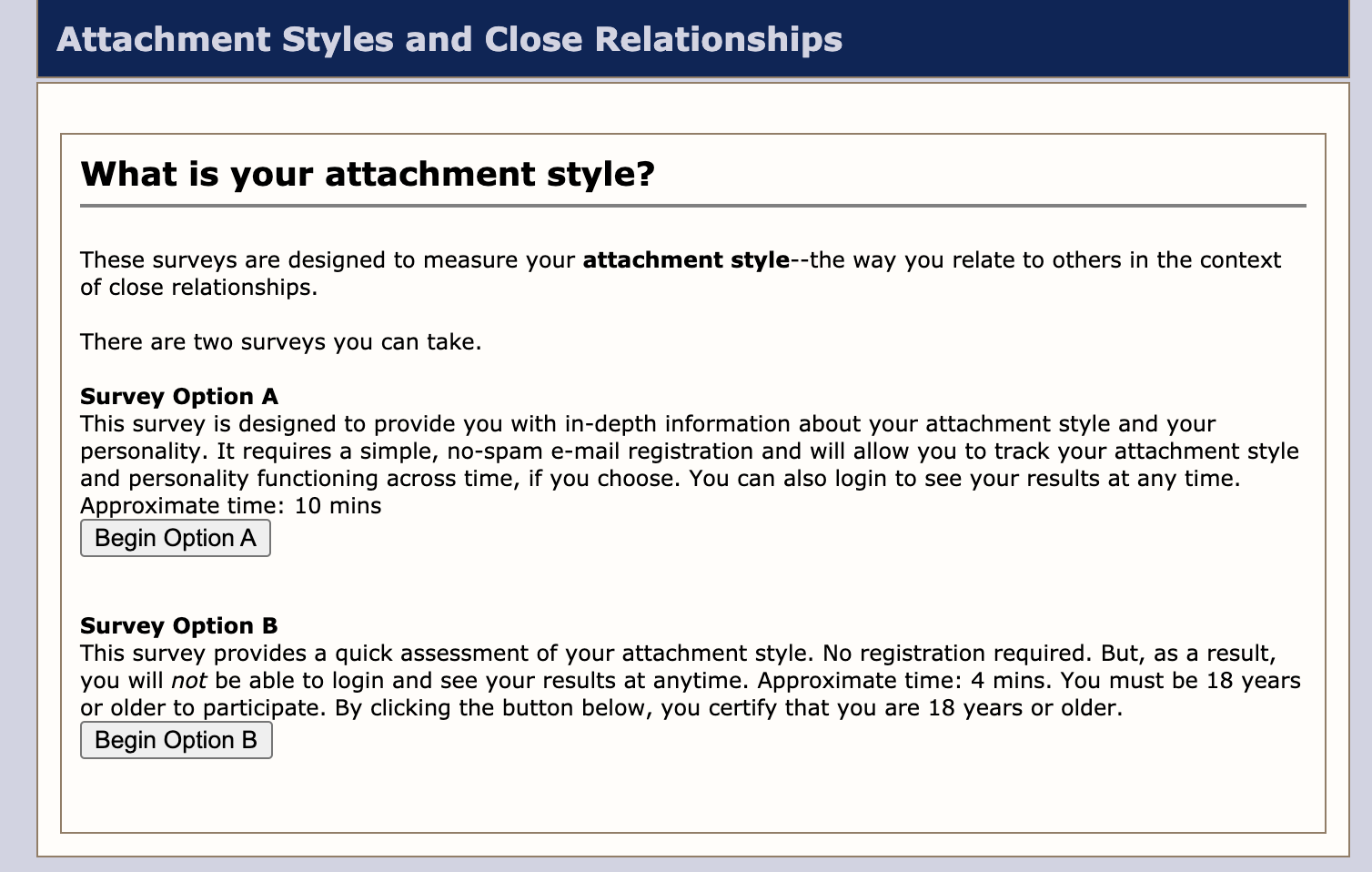
Recommended Resources.
Some of my favorite and most recommended resources to equip you on your journey of recovery & healing. I receive no commission or benefit from these referrals.
Trauma & Recovery Training.
The Headington Institute strengthens “the well-being and effectiveness of humanitarian responders worldwide.”
Online resources and training; organizational coaching and counseling.
The Genesis Process provides a Biblical and neurochemical understanding of what is broken and causes our self-destruction.
Online Training, Church-geared Change Groups, Individual Counseling for all people
Spiritual Practices.
Lectio 365
Written by leaders from the 24-7 Prayer movement, this resource helps you engage with Scripture to inspire prayer and shape your life.
Lectio 365 is inspired by Lectio Divina, a way of meditating on the Bible that’s been used by Christians for centuries.
Self Assessments.
Frequently used in soul care appointments
ProQOL assessment
The ProQOL is the most commonly used measure of the negative and positive affects of helping others who experience suffering and trauma.
The ProQOL has sub-scales for compassion satisfaction, burnout and compassion fatigue.
Codependency Self-Assessment
Are you wondering if you may have a issues with codependency? Answer the questions honestly and press Submit for results.
Attachment Styles
“People vary considerably in how secure or insecure they feel in their relationships with others. For example, some people might feel relatively secure in their relationships with others, whereas other people might be more concerned about whether others truly care about them.”
Psychologists refer to these individual differences as attachment styles. Click the left image to take an assessment that is “designed to assess your attachment styles across some of your close relationships.”










